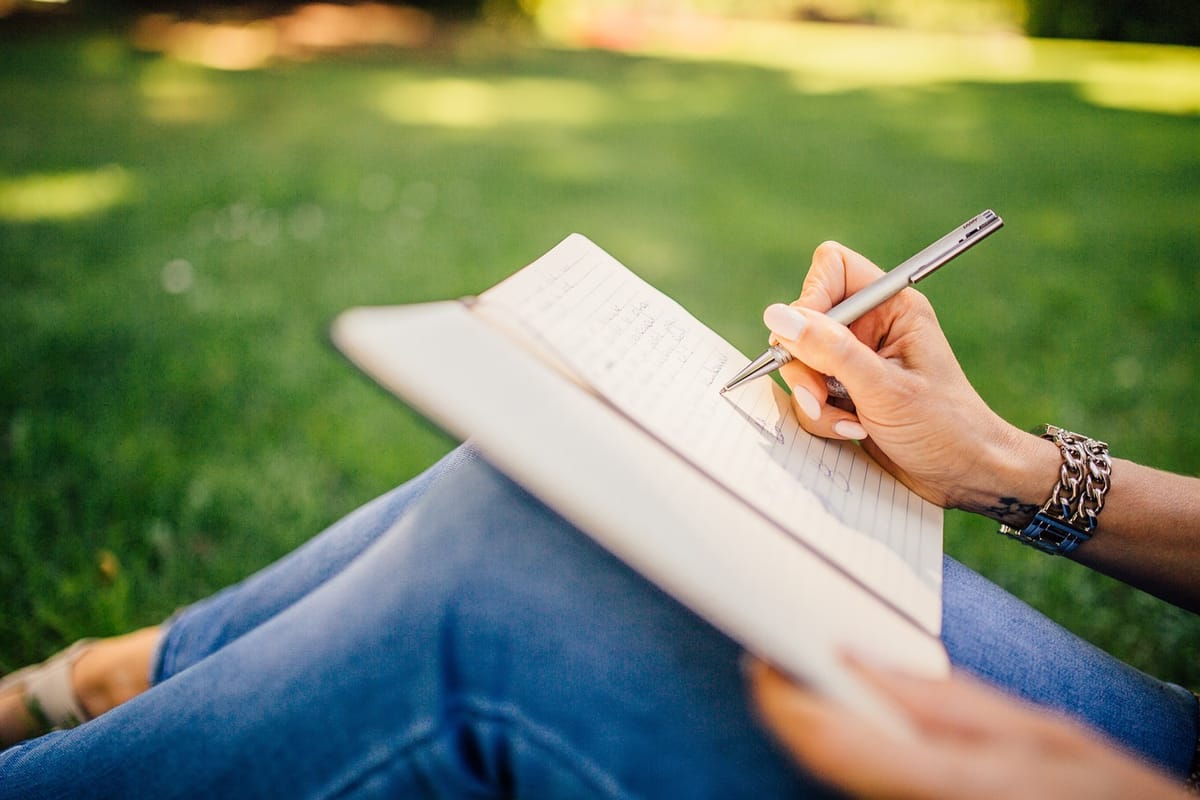The art of keeping a journal
The daily habit of captures passing thoughts, allows for the valuable tracking of personal emotional and intellectual growth.

🔴 Have you read these articles yet?
👉 How to travel without leaving a trace
👉 Birding for the barely interested
The practice of keeping a simple journal is far more than a mere record-keeping exercise; it is an invaluable discipline for achieving profound clarity and quiet self-reflection. It functions as a private, non-judgemental sanctuary - a quiet, dependable space where one can safely place thoughts, anxieties, ambitions, and observations without the pressure of external scrutiny or the expectation of literary perfection.
Journaling, fundamentally, does not require impeccable grammar, elegant prose, or a coherent narrative; it requires only one thing: honesty. This commitment to truthful expression is what unlocks its profound therapeutic and psychological benefits.
The simple, yet powerful, daily ritual of committing even a few short lines to paper, or screen, serves as a crucial mental processing tool. It provides a structured mechanism to review what has occurred during the day, to identify and label how one felt about those events, and, most importantly, to consolidate the small lessons or insights gained. The physical act of putting words down - whether through the tactile friction of pen on paper or the rhythmic click of keys - forces a necessary slowdown of the typically racing mind. This deceleration allows scattered or overwhelming thoughts to settle, granting them form and structure.
Over the course of weeks and months, a remarkable phenomenon occurs: distinct patterns begin to emerge from the collected entries. You start to see cyclical anxieties, recurring moments of joy, specific stress triggers, and consistent avenues for personal happiness. This retrospective analysis forms the basis of deeper self-understanding, allowing you to move beyond reactionary living and towards intentional, informed choices.
The beauty of a journal lies in its expansive permissiveness. It is a vessel with no prescriptive boundaries and can include anything the writer deems relevant to their inner or outer life. Entries might range from objective observations about the world (the state of the weather, an overheard conversation) to expressions of profound gratitude for small daily blessings. It can serve as a space for planning and strategising, or as a sketchbook for fleeting ideas and rough drawings. The timing of the entry can also define its function.
Many adherents choose to write in the morning, using the time to set clear intentions, articulate goals, and mentally prepare for the day ahead - a process akin to setting one's internal compass. Conversely, others prefer to journal at night, treating the practice as a comprehensive mental inventory to close the day, effectively discharging any lingering stress or unfinished mental tasks before sleep.
For many, the natural world serves as a rich, inexhaustible source of inspiration for meaningful journaling. A refreshing walk in the open air, the soothing warmth of sunlight on one’s face, or a quiet, contemplative moment sitting beneath an ancient tree can all become the anchors of powerful entries. These experiences translate beautifully into words because they activate the senses and force attention onto the immediate surroundings.
In a region like Southern Africa, the majestic and diverse landscapes - the vastness of the Highveld, the ancient calm of the Karoo, or the sensory richness of the coastal forests - provide strong, vivid sensory memories that naturally deepen and enrich written reflections. The journal then becomes a record not just of internal thought, but of the external environment that shaped that thinking.
Ultimately, a simple journal is far more than an archive; it is a loyal, non-intrusive companion.
It holds one’s most complex and vulnerable thoughts securely, entirely safe from external judgment. Furthermore, it serves a critical role as a memory anchor, acting as a personal historian that can surface significant moments, crucial decisions, or small, fleeting instances of joy that the conscious mind might otherwise have forgotten in the rush of everyday life. This tangible record of the journey builds confidence, reinforces personal history, and provides a continuous, supportive dialogue with one's past, present, and future self.





Comments ()